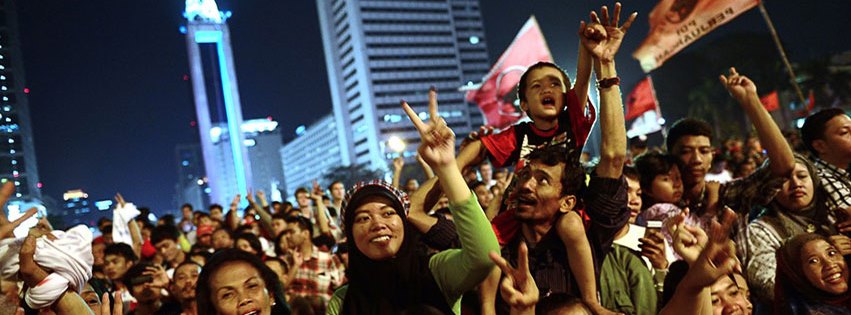KITLV/Royal Netherlands Institute of Southeast Asian and Caribbean Studies

- This event has passed.
Seminar ‘Unsettling migrants? Exploring the migration/conflict nexus in China and Indonesia’
12/02/2015 @ 15:30 - 17:00

Recent instances of large-scale inter-provincial migration have resulted in open clashes between indigenous populations and migrants—i.e., ‘Sons of the Soil’ (SoS) conflict—in several minority regions around the world. Yet, equally large population movements have been peacefully integrated elsewhere. Under what conditions does internal migration lead to SoS conflicts?
Based on quantitative population data and over 100 interviews conducted in nine months of fieldwork in China and in Indonesia, I argue that large and consistent socio-economic and political Horizontal Inequalities (HIs) between migrants and locals is a key condition explaining why some minority regions erupt in SoS conflicts while others remain relatively quiet. Fearing demographically-induced socio-economic and political marginalization, local communities resort to violence against migrants when the latter appear to benefit disproportionately from their relocation at the expense of the local population –i.e. when they are “dominant migrants” with close connection to the State and its do-minant ethnicity. However, any single dimension of HIs is unlikely to result in SoS conflict independently. It is the coalescing of various mutually-reinforcing HIs that render the situation most explosive.
By analyzing different migration trajectories and how they relate to SoS conflict, this project highlights the conditions transforming the otherwise peaceful internal migration into a violent process. While the empirical focus is on migration-conflict dynamics in China and Indonesia, the model developed provides important insights for countries with large-scale internal migration to minority regions.
Isabelle Côté received her PhD in Political Science from the University of Toronto, Canada, in 2014. Currently, Côté is visiting fellow at KITLV, working for the research project ‘From Clients to Citizens’, where she investigates the effect of internal migration on the concept of citizenship in Indonesia.
If you wish to attend please register with Yayah Siegers: [email protected].
Details
- Date:
- 12/02/2015
- Time:
-
15:30 - 17:00
- Event Category:
- KITLV Events
Organizer
- KITLV en Stichting de Sportwereld
- sitinjak@kitlv.nl
Venue
- KITLV, room 138
-
Reuvensplaats 2
Leiden, Netherlands + Google Map



